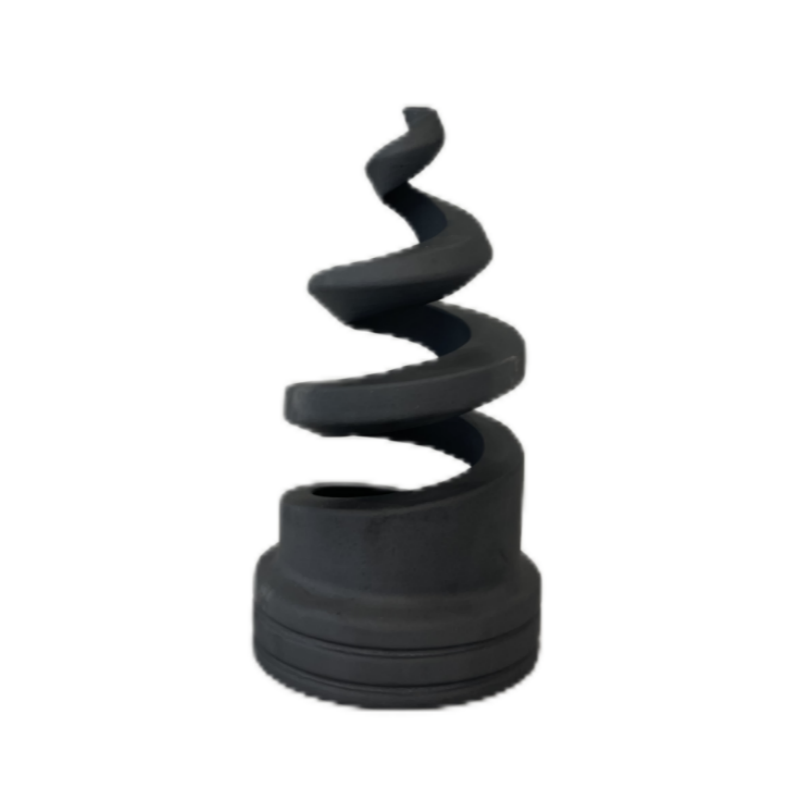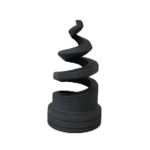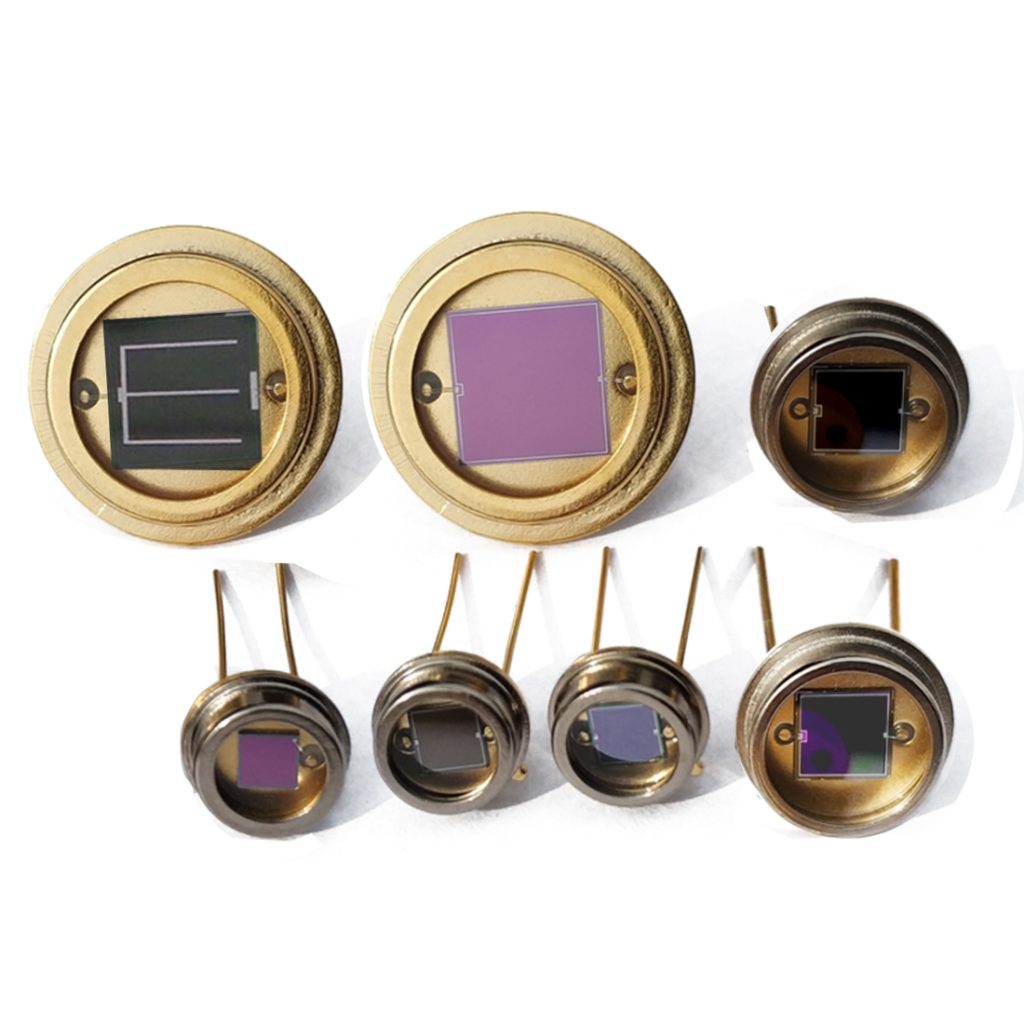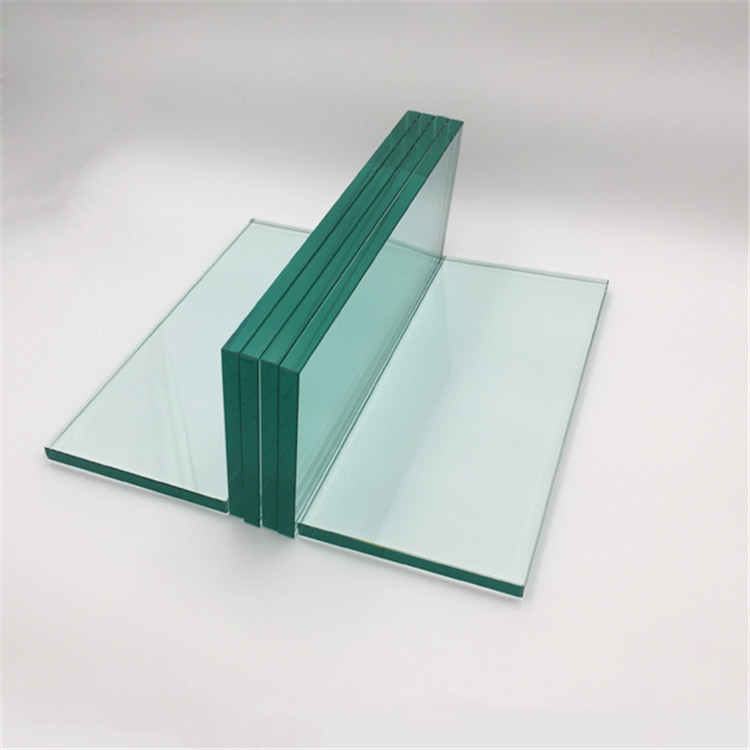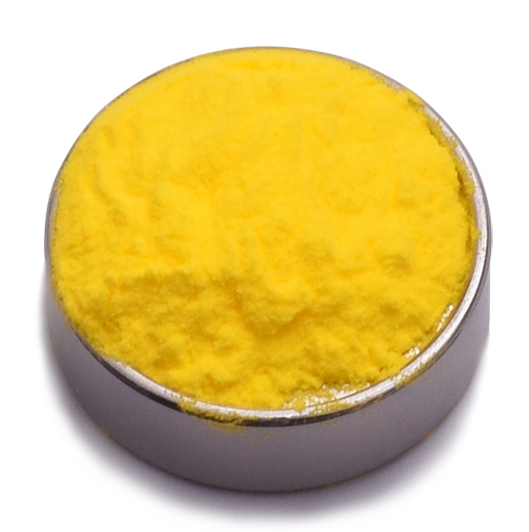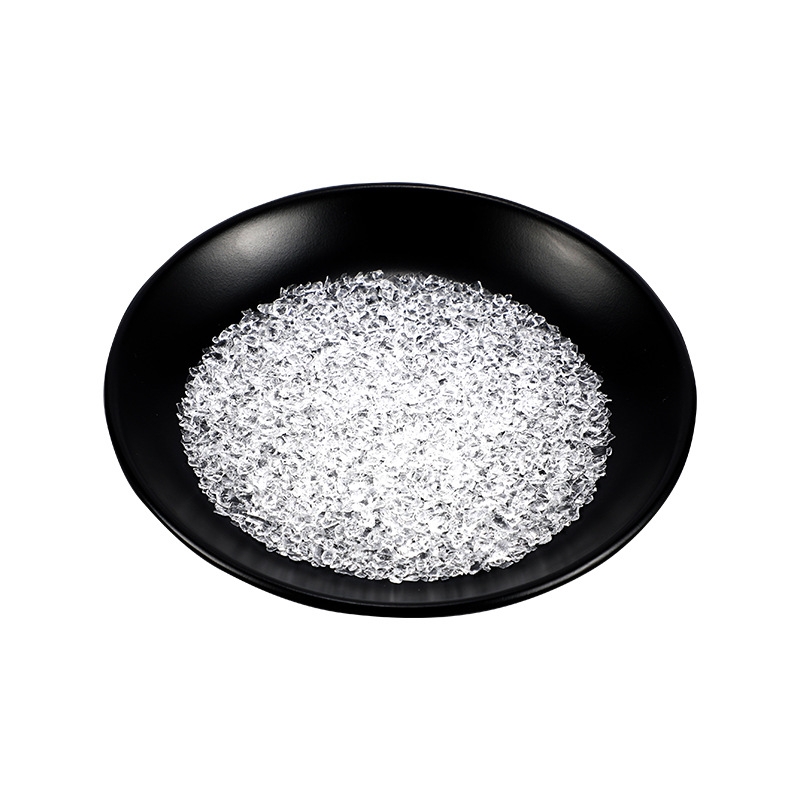Silicon carbide spiral nozzles provide exceptional wear resistance, optimized flow dynamics, and superior thermal stability. Designed for industrial spray systems, they ensure precise fluid distribution, extended lifespan, and efficient high-temperature performance.
Product Overview
The Silicon Carbide Spiral Nozzle is made from pressureless sintered silicon carbide ceramic, offering a uniform and dense structure. It provides outstanding performance in terms of high-temperature resistance, corrosion resistance, and wear resistance. With its precise spiral design, the nozzle effectively controls the flow and direction of liquids or gases, making it ideal for injection and fluid distribution in high-temperature and corrosive environments. The high hardness, excellent thermal conductivity, and chemical stability of pressureless sintered silicon carbide make it an ideal material for modern industrial spraying components, especially in high-precision and demanding processes.
Features
- High Wear Resistance and Strength: The high hardness and strength of silicon carbide allow the nozzle to operate stably under high pressure and friction conditions for long periods.
- High Temperature Resistance: Capable of withstanding temperatures up to 1600°C, making it suitable for high-temperature injection systems.
- Excellent Thermal Conductivity: High thermal conductivity ensures the nozzle maintains stable performance in high-temperature environments.
- Corrosion Resistance and Chemical Stability: Resistant to a wide range of chemicals and corrosive environments, ensuring long-term use in extreme conditions.
- Low Thermal Expansion Coefficient: The low thermal expansion coefficient ensures the nozzle maintains dimensional stability during temperature fluctuations, reducing thermal stress.
- Precise Injection Control: The spiral design allows for precise control of spray flow and distribution, meeting various process requirements.
Applications
- Chemical and Material Processing: Used for liquid or gas injection, commonly applied in spray drying, coating processes, and other chemical operations.
- Metal Processing: Used in high-temperature metal spraying, providing precise spray control to enhance coating quality and efficiency.
- Energy Sector: Key component in combustion systems under high-temperature conditions, enhancing combustion efficiency.
- Aerospace: Used in engine injection systems, providing stable flow control of liquids or gases to ensure system efficiency.
- Environmental Protection: Applied in flue gas treatment systems, improving efficiency and reducing pollutant emissions.
| Items | Units | Typical Value | |
| Contents | SiC | % | 88 ~ 92 |
| Si | % | 8~10 | |
| Volume Density | g/cm³ | > 3.02 | |
| Hardness | HV | Kg/mm² | 2400 |
| Moh's | 9 ~ 9.2 | ||
| Indicated Porosity | % | < 0.1 | |
| Compressive Strength | Mpa | > 2000 | |
| Flexural Strength | 20℃ | Mpa | 260 |
| 1200℃ | Mpa | 280 | |
| Modulus of Elasticity | 20℃ | Gpa | 330 |
| 1200℃ | Gpa | 300 | |
| Fracture Toughness | Mpa·mm¹/² | 3.3 | |
| Coefficient of Thermal Conductivity | 1200℃ | W/(m·K) | 45 |
| Coefficient of Thermal Expansion | 1200℃ | K⁻¹×10-⁶ | 4.5 |
| Maximum Temperature | °C | 1380 | |
| Acid & Alkali Corrosion Resistance | Excellent | ||
 new material
new material

